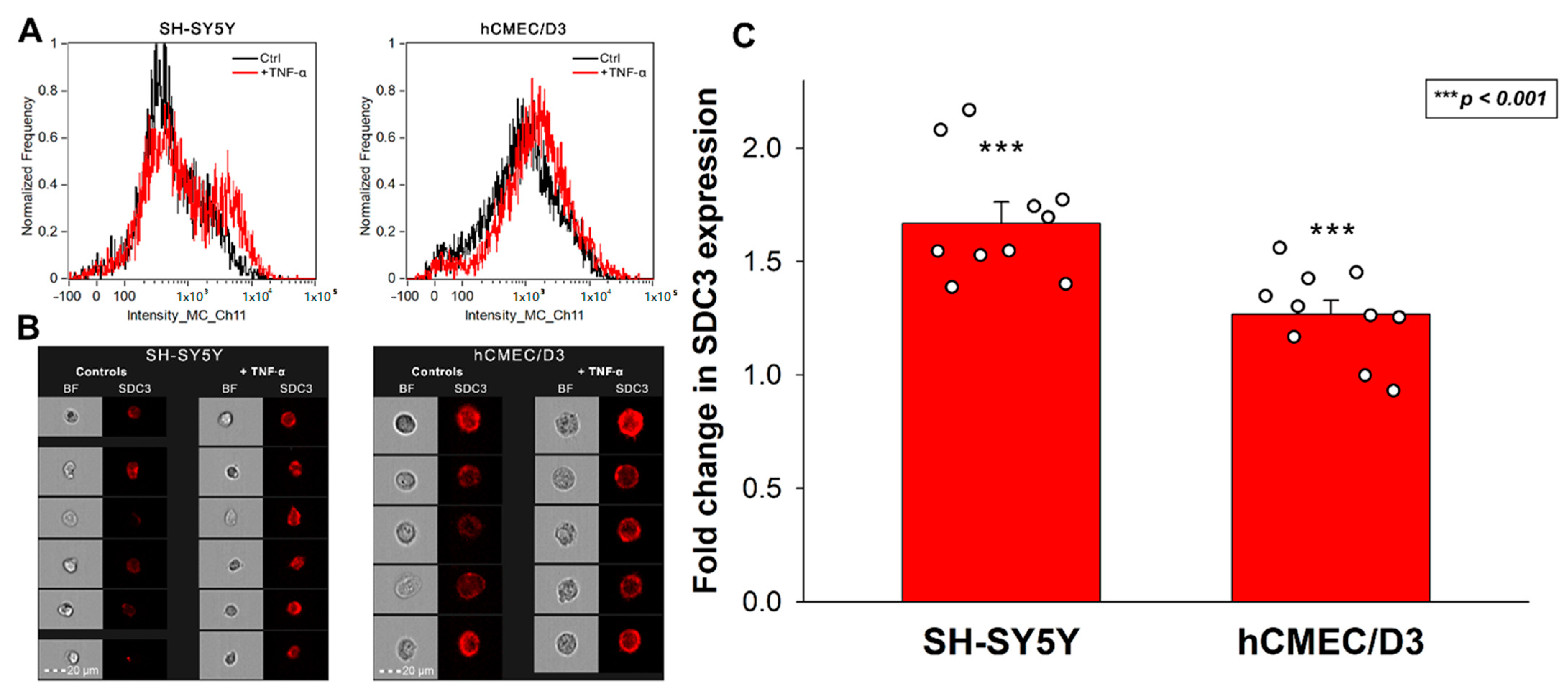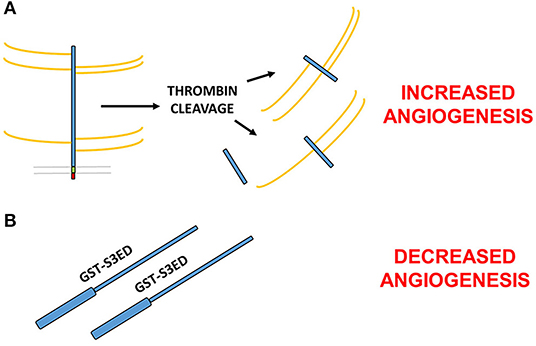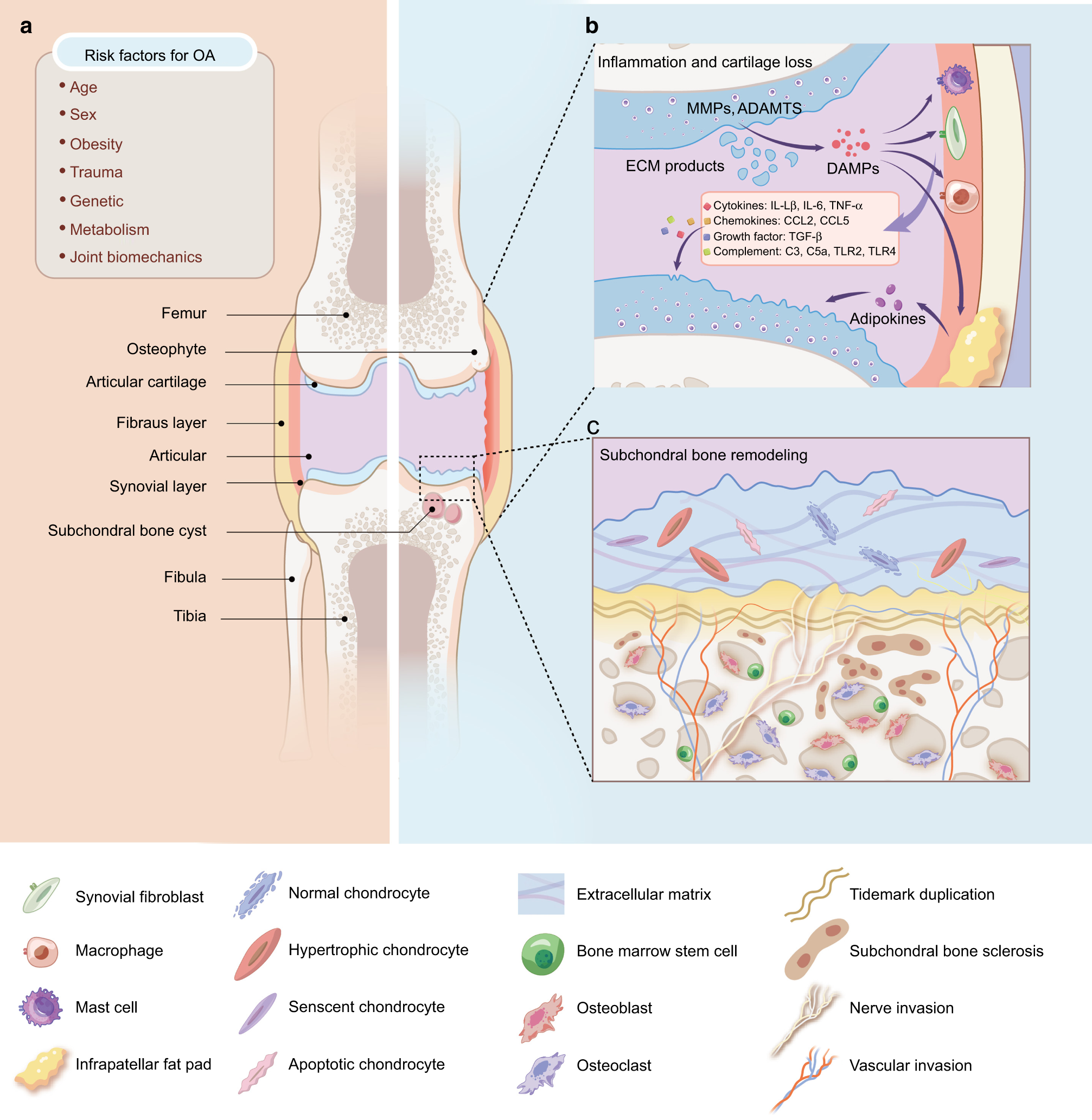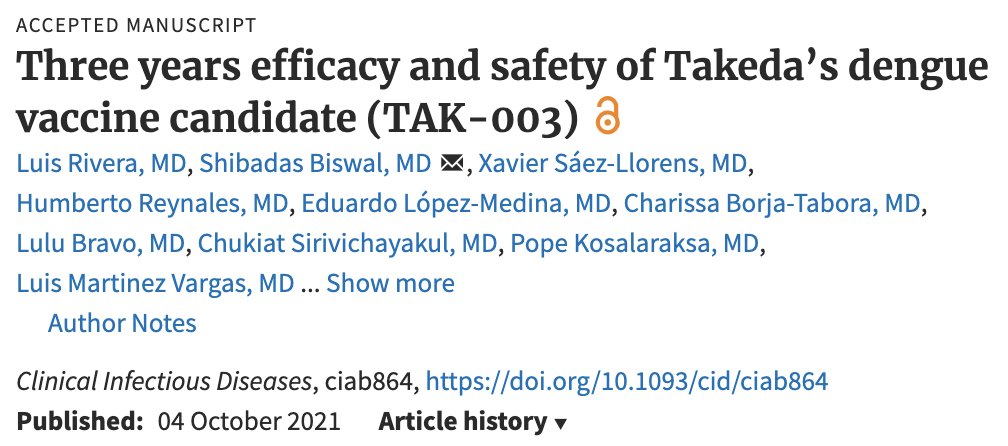Syndecan-3 is selectively pro-inflammatory in the joint and contributes to antigen-induced arthritis in mice, Arthritis Research & Therapy
Por um escritor misterioso
Descrição
Introduction Syndecans are heparan sulphate proteoglycans expressed by endothelial cells. Syndecan-3 is expressed by synovial endothelial cells of rheumatoid arthritis (RA) patients where it binds chemokines, suggesting a role in leukocyte trafficking. The objective of the current study was to examine the function of syndecan-3 in joint inflammation by genetic deletion in mice and compare with other tissues. Methods Chemokine C-X-C ligand 1 (CXCL1) was injected in the joints of syndecan-3−/−and wild-type mice and antigen-induced arthritis performed. For comparison chemokine was administered in the skin and cremaster muscle. Intravital microscopy was performed in the cremaster muscle. Results Administration of CXCL1 in knee joints of syndecan-3−/−mice resulted in reduced neutrophil accumulation compared to wild type. This was associated with diminished presence of CXCL1 at the luminal surface of synovial endothelial cells where this chemokine clustered and bound to heparan sulphate. Furthermore, in the arthritis model syndecan-3 deletion led to reduced joint swelling, leukocyte accumulation, cartilage degradation and overall disease severity. Conversely, CXCL1 administration in the skin of syndecan-3 null mice provoked increased neutrophil recruitment and was associated with elevated luminal expression of E-selectin by dermal endothelial cells. Similarly in the cremaster, intravital microscopy showed increased numbers of leukocytes adhering and rolling in venules in syndecan-3−/−mice in response to CXCL1 or tumour necrosis factor alpha. Conclusions This study shows a novel role for syndecan-3 in inflammation. In the joint it is selectively pro-inflammatory, functioning in endothelial chemokine presentation and leukocyte recruitment and cartilage damage in an RA model. Conversely, in skin and cremaster it is anti-inflammatory.

Matrix Metalloproteinases: From Molecular Mechanisms to Physiology, Pathophysiology, and Pharmacology

Effect of Polarization and Chronic Inflammation on Macrophage Expression of Heparan Sulfate Proteoglycans and Biosynthesis Enzymes - Maarten Swart, Linda Troeberg, 2019

Syndecan-3: A Signaling Conductor in the Musculoskeletal System

Synoviocyte-targeted therapy synergizes with TNF inhibition in arthritis reversal

Syndecan 4 supports bone fracture repair, but not fetal skeletal development, in mice - Bertrand - 2013 - Arthritis & Rheumatism - Wiley Online Library

Lipidoid-siRNA Nanoparticle-Mediated IL-1β Gene Silencing for Systemic Arthritis Therapy in a Mouse Model: Molecular Therapy

IJMS, Free Full-Text

Frontiers Syndecan-3 in Inflammation and Angiogenesis

The potential remedy of melatonin on osteoarthritis - Lu - 2021 - Journal of Pineal Research - Wiley Online Library
Anti-Arthritic Effect of Chebulanin on Collagen-Induced Arthritis in Mice

Exosomes rewire the cartilage microenvironment in osteoarthritis: from intercellular communication to therapeutic strategies

Syndecans Circulation Research

IL-17-producing T cells can augment autoantibody-induced arthritis
de
por adulto (o preço varia de acordo com o tamanho do grupo)







